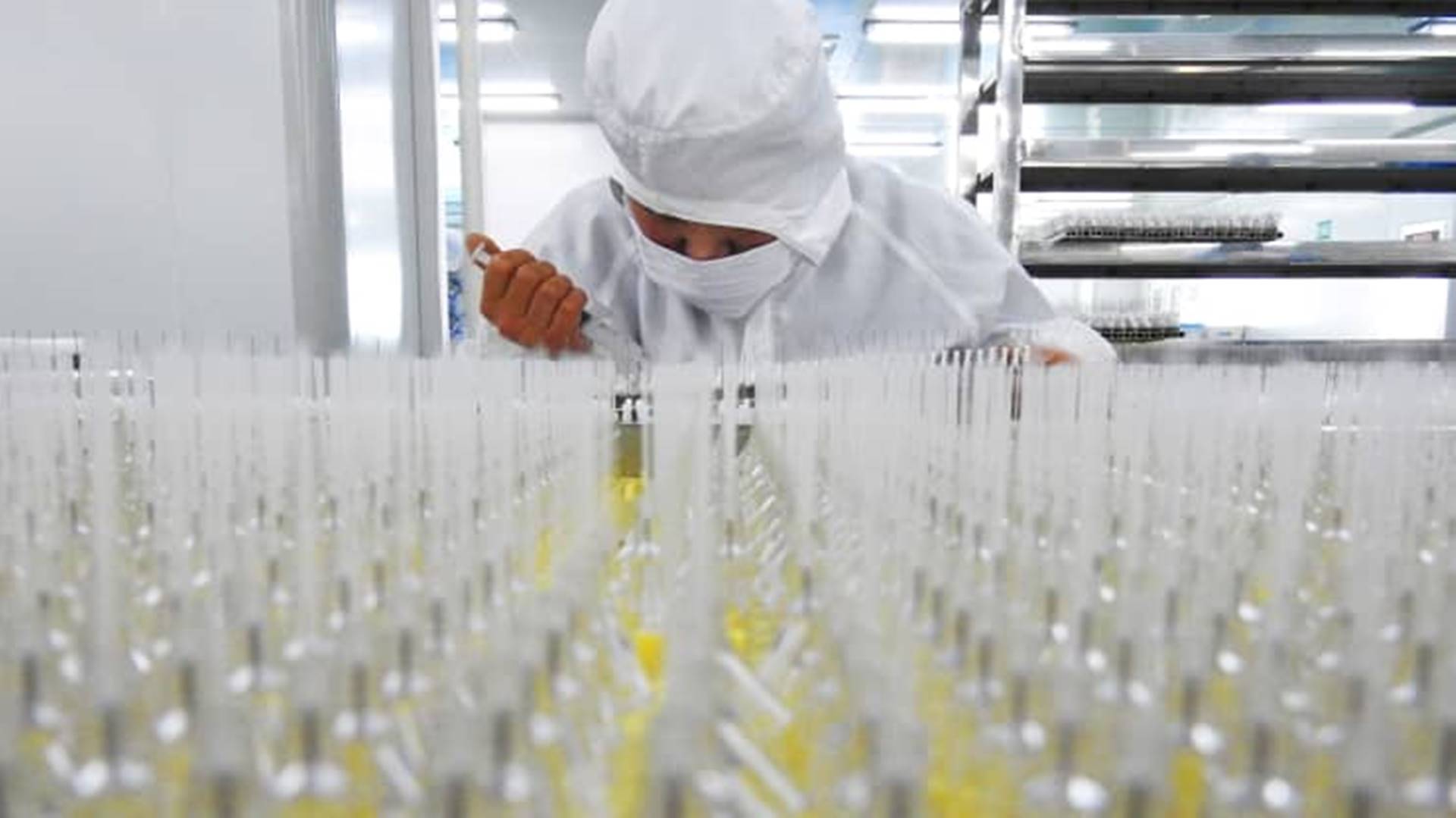BEIJING — Chinese businesses are letting go of more workers than they are hiring, even though the economy is seeing some recovery from the pandemic, official data showed Monday

Reuters
That’s based on a survey from the National Bureau of Statistics, which polls businesses on how their operations have changed from the prior month, and compiles the responses into two Purchasing Managers’ Indexes — one for manufacturing and one for services.
Part of the indexes reflects whether businesses are hiring more workers, or cutting back — with 50 as the dividing line between expansion or contraction.
The great power race between the US and China is on. And Beijing is confident of winning
For both manufacturing and services, the employment index remained below 50 in May, the statistics bureau said. That indicates businesses were laying off more workers than they were hiring.
While some of the pressure on manufacturing jobs can be attributed to a five-day holiday in early May, the burst of tourism during the same holiday period wasn’t enough to significantly boost hiring in the services sector, said Bruce Pang, head of macro and strategy research at China Renaissance.
In manufacturing, the employment index fell to 48.9 in May, down from 49.6 the prior month.
The employment index for services rose to 48.9 in May, up from 48.7 in April — but was still below 50.
While one month’s numbers don’t qualify as a trend, the figures feed into persistent concerns about Chinese people’s ability to find jobs and spend. Retail sales growth has lagged that of the broader economy, and the figure missed analysts’ expectations in April.
The latest data also pointed to some potential areas of weakness in the economy going forward.
Raw material prices increased by far more than manufacturers could raise their selling prices, adding to worries that a surge in commodity prices is cutting into profit margins.
An index for export orders — a gauge of overseas demand — dropped sharply to 48.3 in May, down from a reading of 50.4 in April. Including demand from domestic businesses, the new orders index remained above the 50 lines, at 51.3 in May, but was down from 52 in April.
Business activity grew overall as production remained robust, the overall Purchasing Managers’ Index showed. In May, the index for manufacturing was at 51 while the index for services posted a reading of 55.2 — indicating an expansion in factory activity and services sectors.
Pressure on economic growth will likely increase in the second half of the year, Nomura’s chief China Economist Ting Lu and his team said in a note Monday.
The expected pent-up demand for tourism and other consumer products will subside, and exports will weaken as developed economies reopen and shift back to buying local services rather than imported goods. Tighter regulation on China’s property market will also affect economic growth, while a surge in raw material prices will suppress real demand, Nomura’s analysts said.
A similar business survey conducted by the private sector is due out later this week. The Caixin/Markit manufacturing Purchasing Managers’ Index is scheduled for publication Tuesday, while the one for services is set for release on Thursday.
Napomena o autorskim pravima: Dozvoljeno preuzimanje sadržaja isključivo uz navođenje linka prema stranici našeg portala sa koje je sadržaj preuzet. Stavovi izraženi u ovom tekstu autorovi su i ne odražavaju nužno uredničku politiku The Balkantimes Press.
Copyright Notice: It is allowed to download the content only by providing a link to the page of our portal from which the content was downloaded. The views expressed in this text are those of the authors and do not necessarily reflect the editorial policies of The Balkantimes Press.
